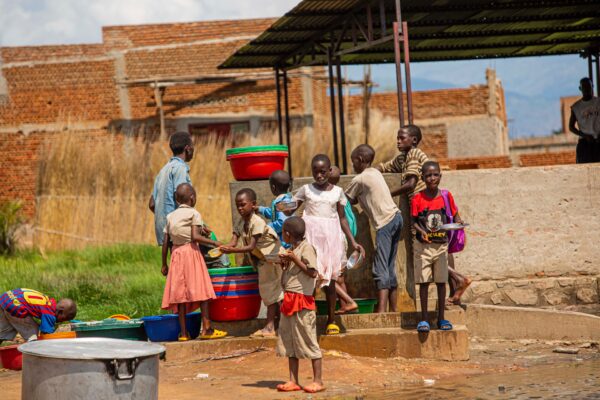The constantly rising temperature has now been linked to 5 million deaths across the globe every year!
1. Rising Global Temperature
As per the UN, the earth has already reached a warming of approximately 1°C above pre-industrial levels in 2017 and is further increasing at approximately 0.2°C per decade therefore making the Paris Agreement goal of 1.5°C more difficult to achieve. The WMO recently affirmed that there is a 50-50 chance of average global temperature reaching 1.5°C above pre-industrial levels in the next five years.
As tons of greenhouse gases release into the atmosphere, the rate of global warming will continue to increase. This will result in warmer oceans, severe storms and cyclones, droughts and floods, food and water scarcity, decreased agricultural yields and increased health risks. Scientists warn that if we do not act immediately to curb the global greenhouse gas emissions, the temperature would rise above 3°C. The damage caused then will be irreversible.
2. Rising Climate Induced Disasters
Natural disasters are not new and has always been a part of our ecosystem. However, with climate change and global warming, their frequency has increased drastically – by a factor of 5 over the last 50 years. While improved technologies for early warnings and disaster management have significantly helped reduce the baneful effects of natural disasters, these are not enough in the long run. Developing countries in particular are the most vulnerable to such extreme events with most number of deaths being reported from these regions.

In 2021, the EM-DAT (Emergency Event Database) reported that among the continents, Asia is the most severely impacted by natural hazards. The continent suffered 40% of all disaster events across the globe; 49% of the total number of deaths took place in Asia and directly affected 66% of its population. Additionally, the US recorded an economic loss of of USD 112.5 billion due to natural disasters in the same year.
3. Food and Water Security
Climate change is likely to directly affect global food production and water availability. Increased intensity and frequency droughts, floods, heatwaves and continued sea level rise will significantly affect the food security, especially in the developing countries. This in turn will have health implications – people living in Sub-Saharan Africa, South Asia, Central and South America and other smaller islands in particular, will be more vulnerable to malnutrition and micro-nutrient deficiencies. It is predicted that by 2030, at least 51% of undernourished population will be living in the continent of Africa.
It is very important to note that with the rising population, food demand curve too will see a substantial rise. Not to mention, the effects of climate change are predicated to push food production and supply at grave risk. FAO (Food and Agriculture Organization) has estimated that by 2050, food production must increase by at least 60% to meet demands of approximately 9.6 billion people.
4. Poverty and Population Displacement
As of 2010, statistics show that an approximate 21.5 million people have already been displaced due to weather emergencies and this will continue due to the frequently occurring natural disasters. With most of the “climate refugees” belonging to vulnerable countries it is evident that they will require more than others, focus and assistance both financially and technologically. Such forced displacement will further result in adding more pressure to the already limited natural resources, food, water and land availability.
The present drought in Somalia has already reported to have displaced a million people. The country has been suffering from a two-year dry spell with more than 5 million people already facing food scarcity. Similarly, more than 870,000 Rohingya refugees in Bangladesh are exposed to the grave threats of floods and cyclones.

Climate change has thus caused some irreversible impacts, pushing nature and humans beyond coping and adapting abilities. A recent new study affirmed that Greenland’s rapidly melting ice sheets are set to raise sea levels by at least 10.6 inches or 27 centimeters. To put it simply, this rise will have adverse ecological and socio economic impacts on a global scale.
Findings of the IPCC (Intergovernmental Panel on Climate Change) report is alarming with climate change impacts already widespread and severe than was anticipated. If the target of the Paris Agreement is not met, there would be irreparable ecological damages from adverse climatic conditions such as extended periods of heavy rainfall as well as heatwaves and drought conditions.
The good news? Solution exists!

